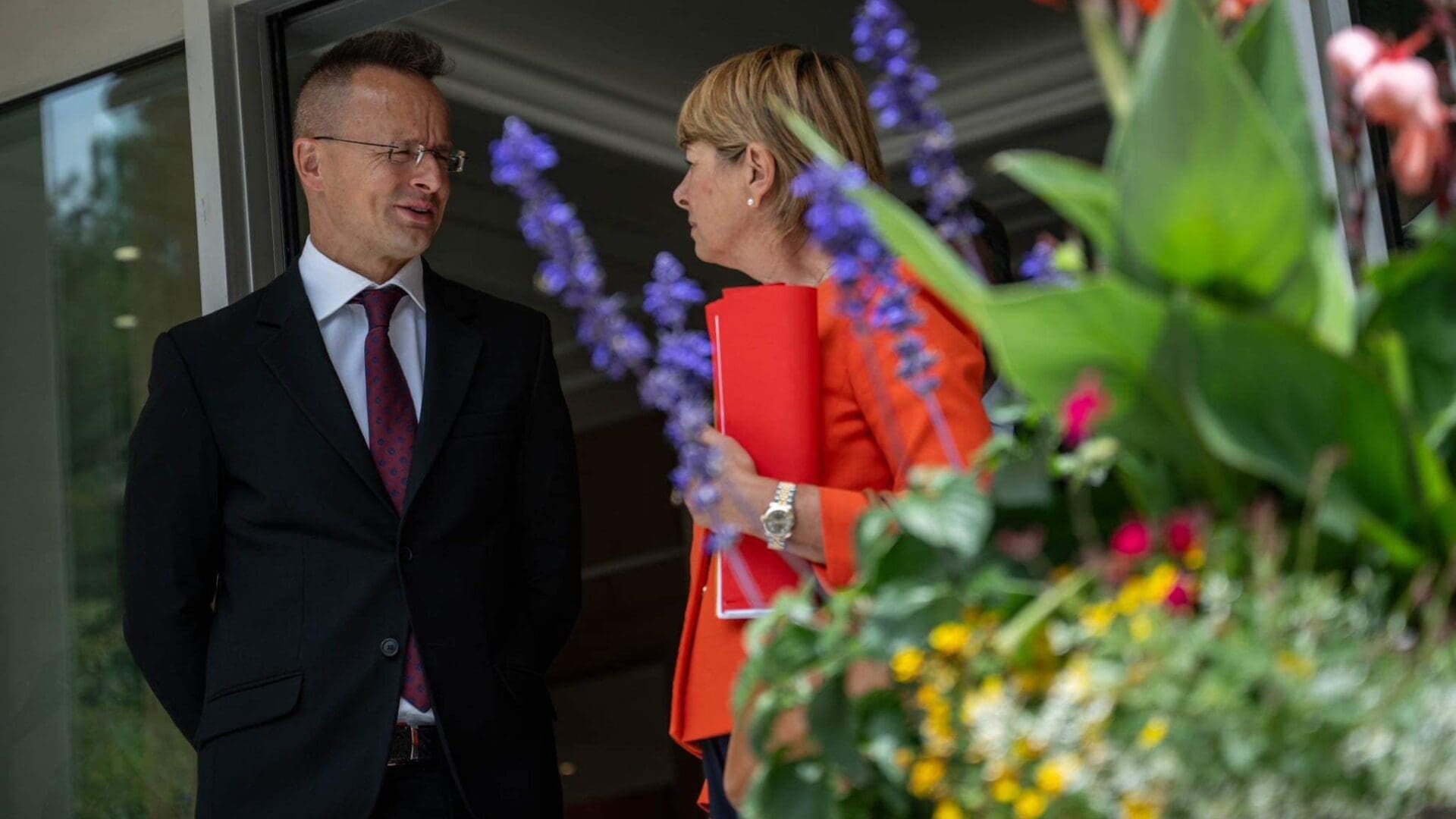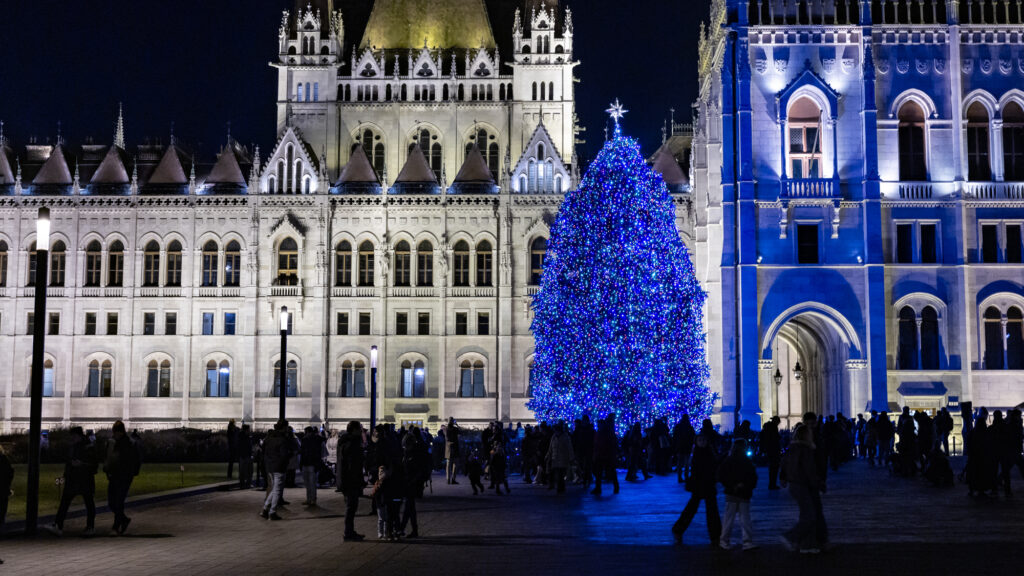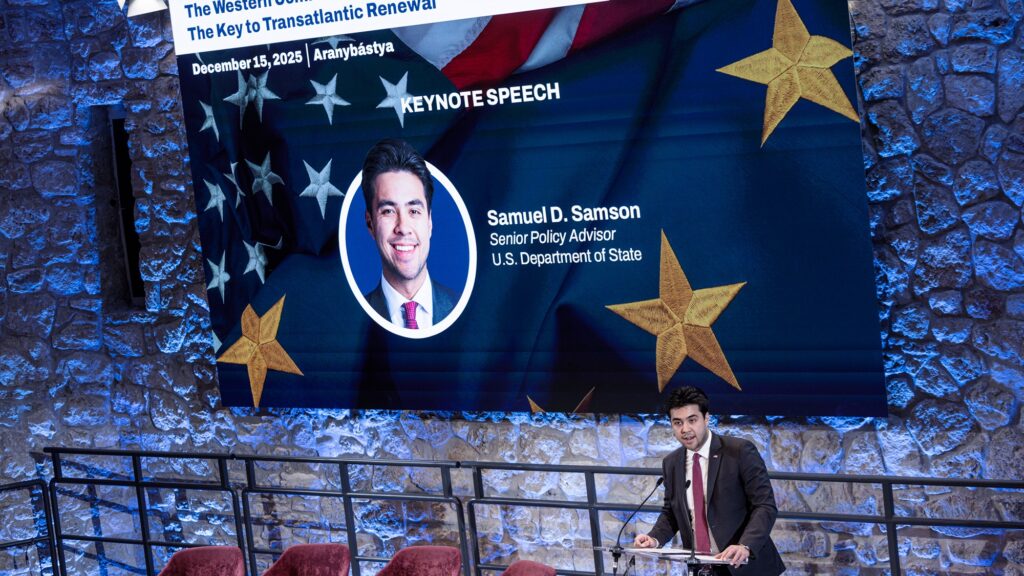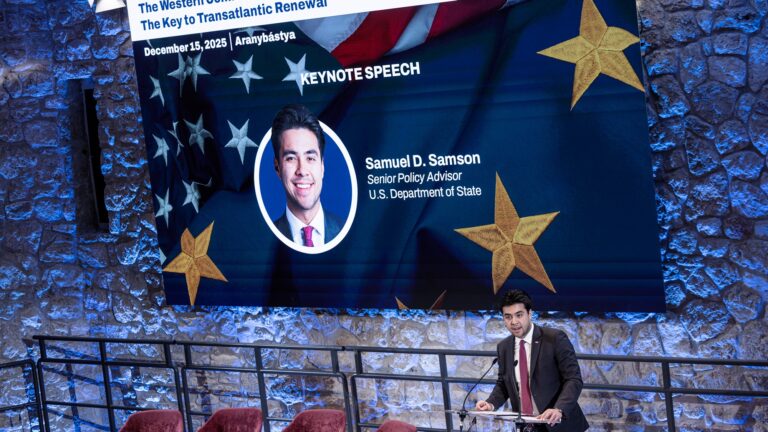Hungary’s Honorary Consulate has opened in Monaco, allowing Hungarians to vote in the European Parliament elections on 9 June at a record of 147 foreign locations, Minister of Foreign Affairs and Trade Péter Szijjártó announced in the city-state on Tuesday.
At the official opening of the Hungarian Honorary Consulate, the minister noted that the visit took place during an exceptionally challenging period, with Europe having lived under the shadow of war for approximately two and a half years, and Hungary facing particularly severe impacts due to its proximity to the conflict. He emphasized the importance of strengthening peace efforts, highlighting that there is no solution on the battlefield and that resolution can only be achieved through diplomatic means. He warned of the dangers of escalating conflicts and stressed the need to halt such dangerous ideas.
Szijjártó pointed out the significance of 9 June,
calling it possibly the most crucial day in modern European history,
as people have the chance to decide whether Europe should become a continent of peace or be overwhelmed by war. He urged Hungarian citizens to participate in the elections and stand for peace, noting that they can do so even while abroad.
‘Globally, 21,058 of our compatriots have registered to vote at diplomatic missions in 99 countries across 147 locations for the European Parliament elections. This is the highest number of locations ever available for Hungarian citizens voting abroad,’ he said. He stressed the desire for all Hungarians abroad to be able to vote, contributing to the cause of peace and helping Hungary remain out of the conflict.
🌐 Felszólalás Monacóban a Gazdasági, befektetési környezetet bemutató konferencián | 🌐 Felszólalás Monacóban a Gazdasági, befektetési környezetet bemutató konferencián | By Szijjártó PéterFacebook
🌐 Felszólalás Monacóban a Gazdasági, befektetési környezetet bemutató konferencián
‘Voting in the United States will begin on 8 June, and in other parts of the world, voting will take place on 9 June,’ he informed.
Szijjártó highlighted that
this visit marks the first Hungarian ministerial visit to Monaco
and that the opening of the Honorary Consulate was timely, especially with Hungary soon to assume the presidency of the European Union. He expressed the need for the EU to rejuvenate and foster closer ties with Monaco. He acknowledged Monaco’s current stance against forming an association agreement with the European Union, citing respect for the principality’s sovereignty—a sentiment he noted was shared by Hungarians, who similarly value their sovereignty, traditions, culture, history, and religion.
Despite the absence of an association agreement, Szijjártó expressed a desire for closer economic, commercial, environmental, and tourism cooperation between Hungary and Monaco, as well as between the European Union and Monaco. He also noted the growing number of Hungarian visitors to Monaco, with over 1200 visiting last year, facilitated by five weekly flights between Budapest and Nice during the summer. ‘Our goal is to base this cooperation on mutual respect and mutual interests,’ he stated. ‘It is important for Hungary to have representation in every European state, not just in the EU, but across the continent, as representation can enhance economic cooperation and increase interest in Hungary.’
He concluded by acknowledging the need to assist the increasing number of Hungarians visiting Monaco with consular and administrative matters. ‘Today, we have opened our new consulate to adequately represent Hungary and assist Hungarian visitors as needed,’ he summarized.
Related articles:







